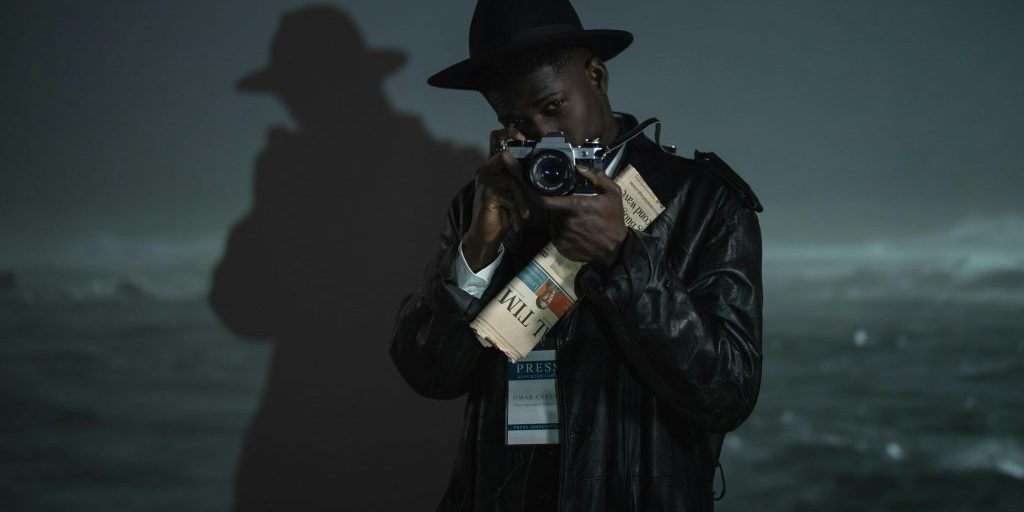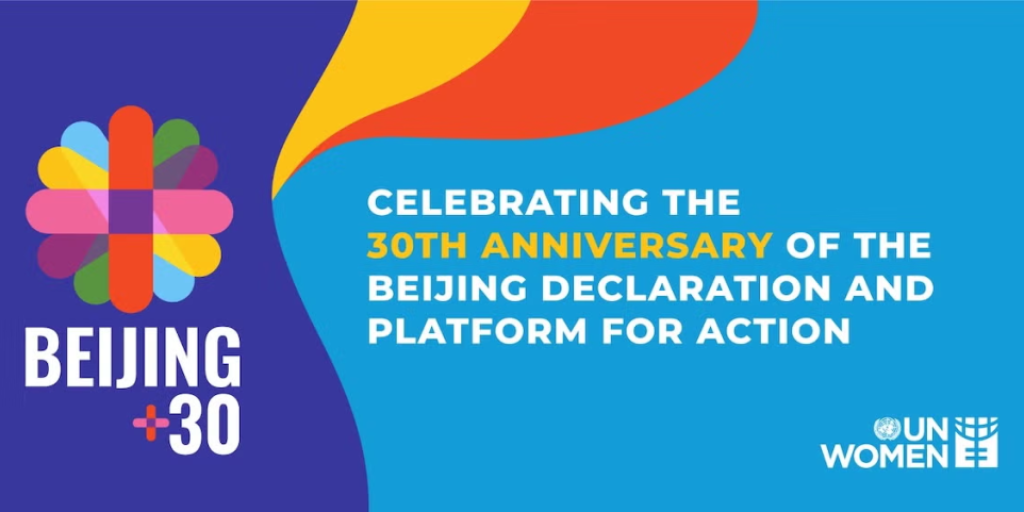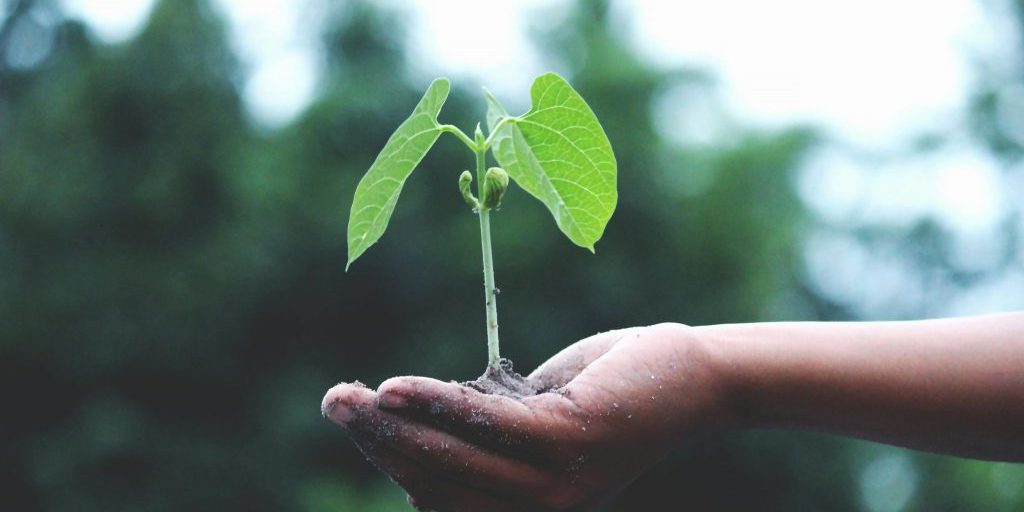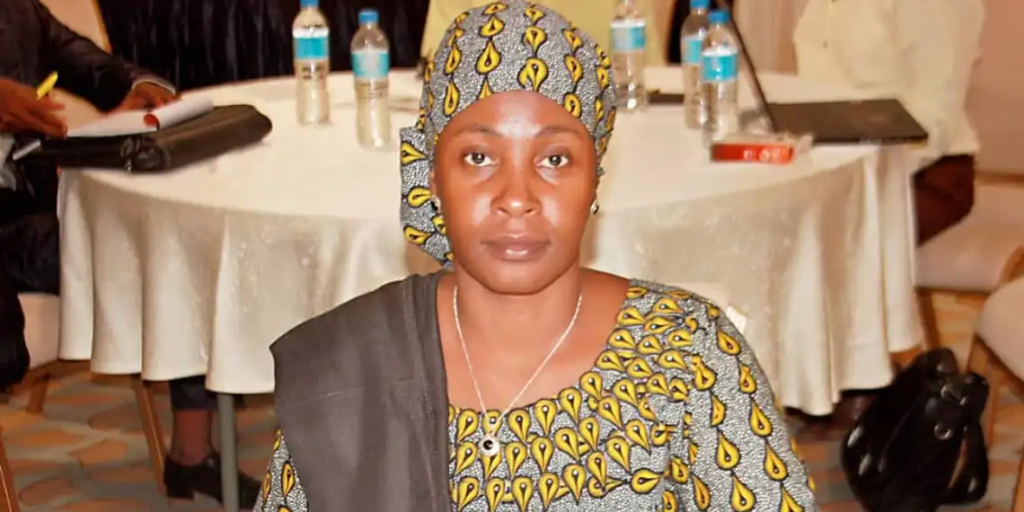Media Freedom Festival: ‘the new jail for journalists is job security’
PICTURE: cottonbro studio/Pexels
Trends in threats that prevent journalists from reporting freely and new draft surveillance legislation were among concerns raised in the Campaign for Free Expression (CFE) report on the State of Free Expression in South Africa 2024.
The report was introduced at the first session of the Media Freedom Festival at the Goethe Institute in Johannesburg in the week of Black Wednesday, raising red flags for South Africa’s famously open press in which certain politicians and CEOs have been vigorously exposed and critiqued, and comment is seemingly encouraged.
There was, as the title of the report emphasised, ‘A Need for Vigilance’.
Reflecting on journalists’ freedoms during the elections in May this year, it showed how ‘online attacks … were considered a greater threat … than the serious but isolated incidents journalists faced while working in the field’. The CFE noted this was ‘in line’ with the findings of its previous review. But the topic of pressure on the media during the polls was not necessarily the most important under discussion.
This Festival was historic in that Media Monitoring Africa – which has held a number of events to mark Black Wednesday in previous years – was joined by the Press Council, prominent activists the CFE and the SOS Coalition, the South African National Editors’ Forum (SANEF) and the Association of Independent Publishers (AIP) for a series of discussions about ‘Access, Accountability and Integrity in Journalism’.
But there were other historic effects explored through the Festival, as the CFE showed in its report and as speakers examined.
Freedom of the press is considered central to South Africa’s human rights-based Constitution, which includes it within the Bill of Rights as a response to the jailings, bannings and violence against the media during apartheid. Black Wednesday draws particular reference as it commemorates 19 October 1977 when the regime cracked down on a number of newspapers and editors to deepen its power and narratives
Compiled by Internet and media rights expert Alan Finlay, the CFE’s report came amid rapidly-increasing challenges posed by fast-moving technologies and financial strain, as well as expanding disinformation and hate speech. It made the key observation that those issues have ‘important implications for the resilience of a free media … [and] for democracy and freedom of expression’.
CFE director Anton Harber facilitated a panel about this on 15 October with cultural activist Dr Ismail Mahomed, top media attorney Dario Milo of Webber Wentzel and former SABC news chief Phathiswa Magopeni whose ousting from the public broadcaster in 2022 made international headlines and drew attention to its apparent inability to remain independent of politics.
Their discussion focused – as does the report – on ‘cross-cutting issues of concern’, including SLAPP suits, the decline of probing arts journalism, and, as Magopeni explained, ‘a danger that’s sitting inside newsrooms that we are not paying attention to’. Freedom of expression is ‘not only about what is happening outside’, she said.
‘One, it’s the interests of media owners in the content that’s being produced, and it’s been playing out in two stories. It’s geopolitical issues: Russia and Ukraine and Gaza and Israel. That is where you actually get to see where the interests of media owners lie in the editorial decision-making in newsrooms.
‘We need to pay attention to that because these may be the two big stories, [but] what else is happening locally, in the coverage of different stories locally, that gets to be sanctioned by media-owners?’
Magopeni saw this as critically ‘linked to sustainability’.
‘The pressures have meant that there are stories that the newsrooms are going to walk away from because they could jeopardise advertising and sponsorships … In fact, media sustainability is coming up as a huge threat to freedom of expression and media freedom.’
She also raised journalistic independence in this regard, saying, ‘we talk a lot about editorial independence, which is the domain of editors in the main, [but there are] journalists going around seeking help about what they see as censorship within newsrooms [and] there is no agency or structure in the sector that deals with [that]’.
‘What about the stories that get killed? … Journalists end up taking instructions on what not to report on.’
‘The other part,’ said Magopeni, is the ‘decline of journalistic literacy’.
‘This is linked to a lack of due diligence in newsrooms, a lack of duty, of loyalty and the duty of care in the newsrooms, and it plays out in different spaces because you have entities that expect journalists to have huge followings on social media platforms and part of this following is politicians who they are supposed to report on, and they become friends on social media.
‘How do you report on these people when you are having conversations on social media? Where’s your independence when you have to interrogate the lives of these people, and how they conduct themselves in the spaces where they’re supposed to be serving the public?
‘It’s about how the media conducts itself in the stories that they tell; that they have the due care … the verification that needs to be done, that [their] loyalty is to the citizens and not the people [they’re] reporting on [or] the media house that [they] work for.’
Magopeni raised journalists’ job security as a major touch-point.
‘Journalists are scared of challenging editors on issues that they would ordinarily try to raise – unlike what we see during the times of Percy Qoboza … unlike what they did at the time and they ended up in to jail.
The new jail is job security. [Journalists] are protecting their livelihoods by walking away and overlooking things they should be questioning
The CFE’s report substantiates this, describing how ‘journalists at the coalface of news production navigate the inevitable threats they face with a real uncertainty about their own job security’.
‘Reflecting trends over the past years, in June, Media24 announced that it was closing its print publications which would affect 400 out of its 800 staff’, it recorded, noting that ‘at the time of writing, layoffs had been halted, with negotiations ongoing regarding selling off parts of the business’.
That troubling possibility for dozens of South African journalists now existed alongside the introduction of the controversial General Intelligence Laws Amendment Bill (GILAB), and the vetting of Moshoeshoe Monare, the head of news at the SABC, by the State Security Agency. This, said the report, suggested ‘the ongoing interest of the state to, at the very least, ensure that journalists are aware they are being watched’.
A ‘need for vigilance’ was certainly a motto for this vital session whose speakers warned not of complacency, but compulsion. If the South African media was gradually being compelled to behave against its better instincts in order to stay afloat, or alive, was it still free?
Read the full CFE State of Free Expression in South Africa report here.
Watch the video of the first session at the Media Freedom Festival:
Compiled by Janet Smith




